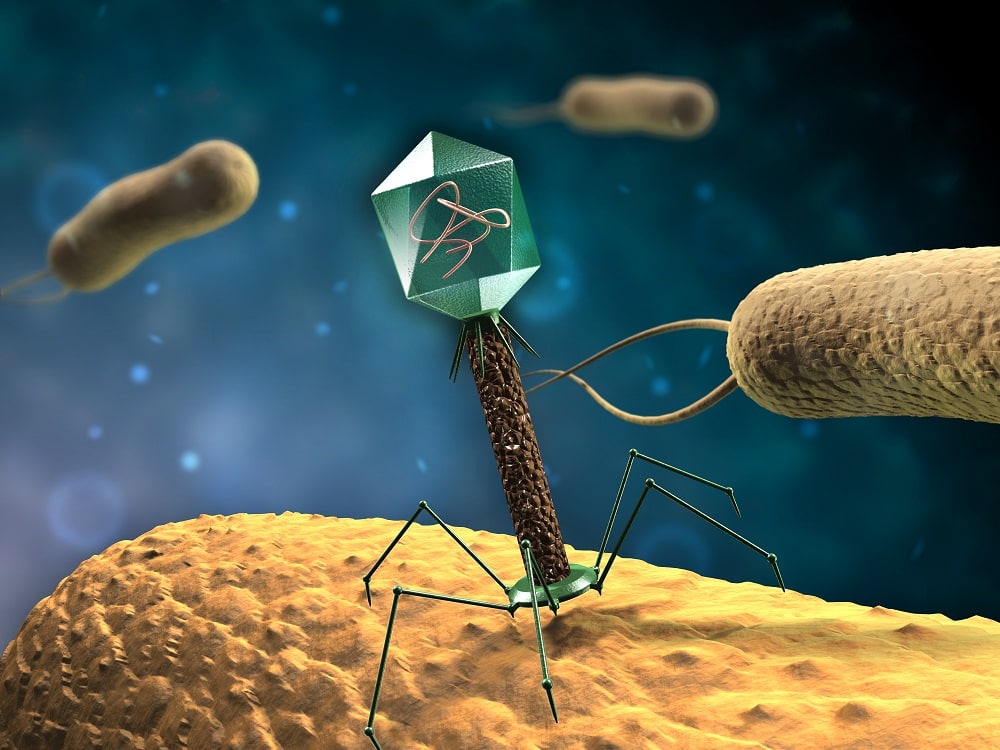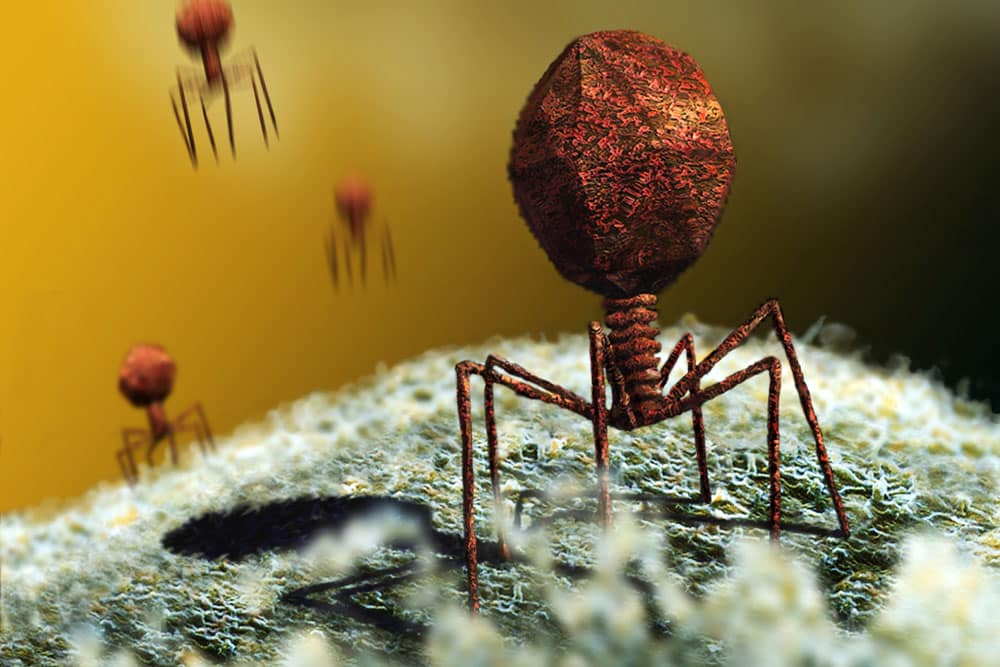Bacteria-Gorgers Could Help Us Prevent Food Poisoning
Bacteriophages are viruses that infect bacteria, and in the great war between humans and pathogenic bacteria they can act as allies for both sides. Phages that destroy their host bacteria can be used as antimicrobial therapy, complementing or replacing antibiotics. On the other hand as phages are essentially little capsules that carry DNA from one bacteria to another, they can spread the genes that make bacteria resistant to antibiotics.
Now, they have been discovered to possess another awesome capability- to help us prevent food poisoning.
Professor Mikael Skurnik from the University of Helsinki has studied bacteriophages and phage therapy for a long time. Now, in cooperation with researchers at the Seoul National University in South Korea, he has been investigating the possibility of utilising phages also in eradicating foodborne pathogens and preventing food poisoning.
Yersinia enterocolitica, the primary cause of yersiniosis, is one of the most important foodborne pathogens globally and is associated with the consumption of raw contaminated pork. Symptoms of yersinosis include fever, severe abdominal pain and diarrhoea. Symptoms may take up to three weeks. Sometimes illness is the result of up to weeks of arthritis. Yersinosis occurs throughout the world. In Finland there are 500 to 700
cases every year.
In this study, researchers have identified a bacteriophage that could infect and eliminate Y. enterocolitica. The most potent fHe-Yen9-01 phage was selected as a tool for the next phase of the study to evaluate the phage’s effectiveness in decontaminating bacteria-contaminated food and work equipment.
The team inoculated everyday products easily obtained from grocery stores with Y. Enterocolitica. The contaminated food was then subjected to phage treatment, after which the number of both bacteria and phages was monitored for three days.

“Phage treatment was effective in inhibiting bacterial growth in food, while the number of phages in the food grew, indicating that phages infect bacteria and grow in them also when refrigerated,”
“In Finland, there is no urgent need to prevent Yersinia infections, but our study can serve as a model for the prevention of other, more serious foodborne infections through phage treatment,” says Skurnik.
In the future, decontamination with phages may well be part of the routine in processing food.
“One option is a phage mixture effective against several bacteria, such as the Salmonella and Campylobacter species, as well as the most common food poisoning bacteria in the gut. This mixture could also be administered in a preventive manner to farm animals, for example mixed in their drinking water,” muses Skurnik.































